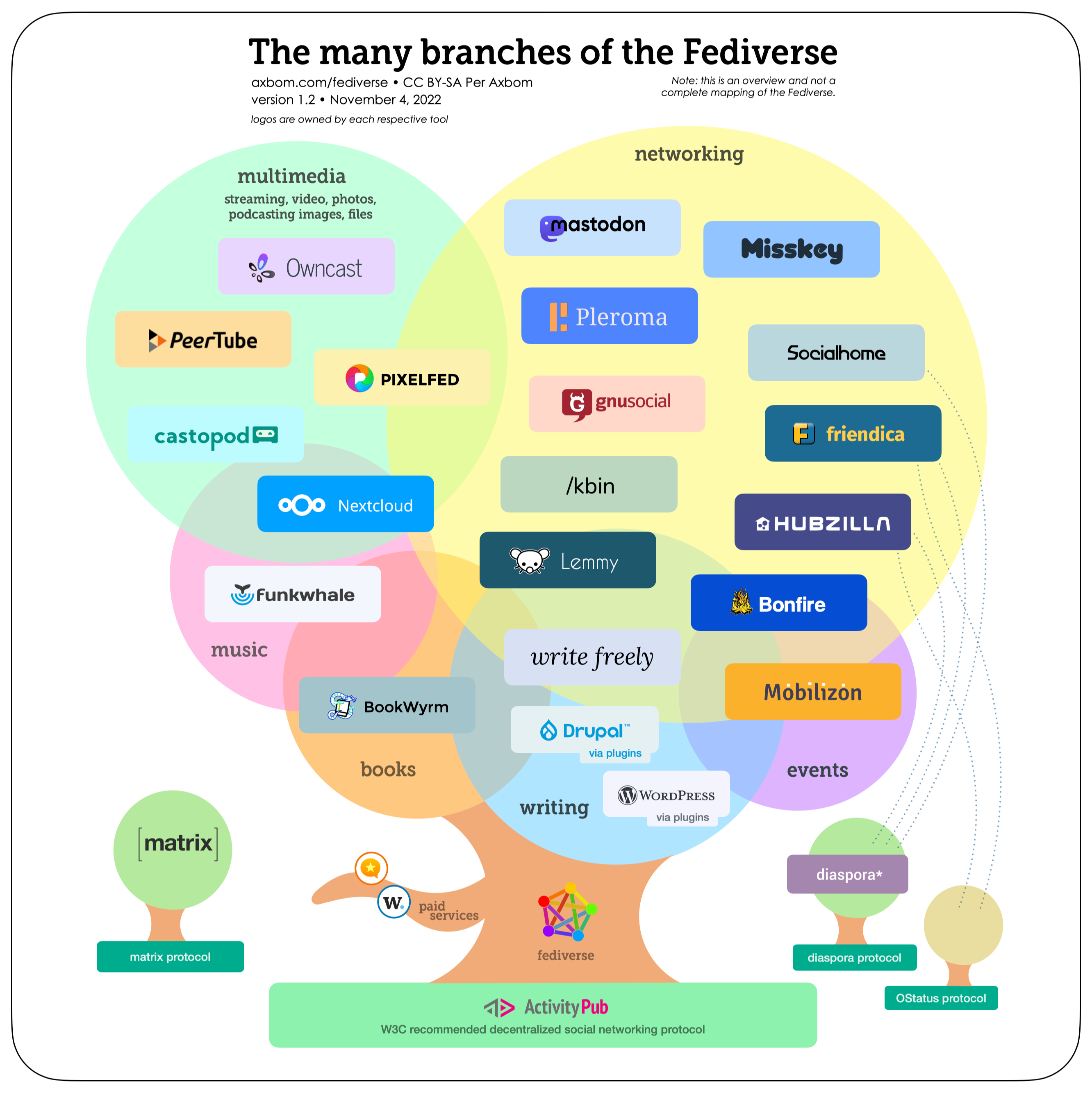These are just two different software projects that a Threadiverse instance can use. They federate with one another, so it doesn't matter all that much if you have an account on a Kbin instance, or a Lemmy instance. The differences are in the interface, some functionality, and the tech stack used (Lemmy is written in Rust; Kbin in PHP).
There are 100+ instances of Lemmy, and ~10 instances of Kbin. Kbin is a much younger project (hence it might get missed), and it's main instance, kbin.social seems to be experiencing more issues with the wave of new registrations. If you want to try Kbin, https://fedia.io/ might be a good instance to check out.

The concept of copyright did not exist for most of human history. The current shape of copyright and paying for culture is antiquated and puts creators at a disadvantage.
Instead of pondering if anyone can stop "digital piracy", we should be pondering how to reform the copyright regime such that sharing culture is not considered "piracy", and such that artists get paid. Rip out the middle-men.